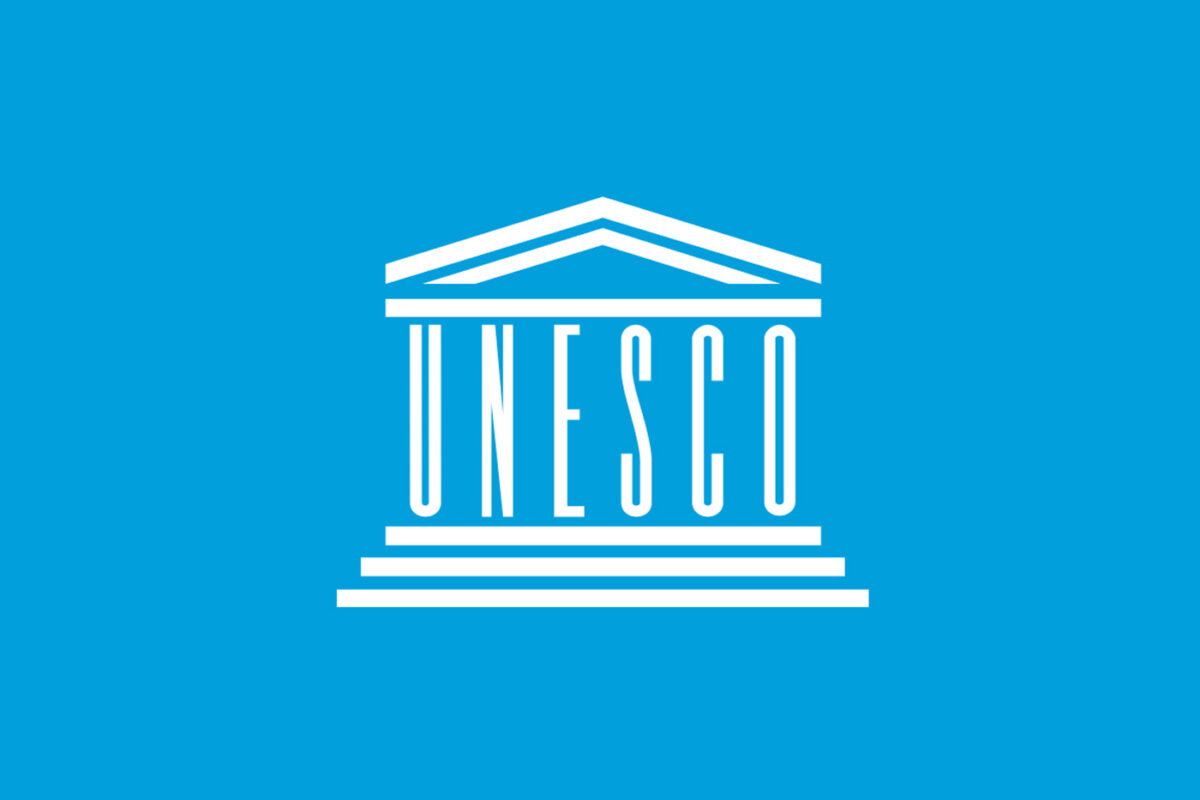TLDR
- UNESCO warns that AI technology is being used to create false stories denying or distorting facts about the Holocaust and World War II atrocities.
- Instances cited include hackers rigging chatbots to spread Nazi ideology and AI systems generating their own fictional accounts about the Holocaust.
- UNESCO calls for governments, tech companies, and educators to take urgent action to establish ethical safeguards around AI development and use.
- Concerns raised that AI could lead to an “explosive spread of antisemitism” and diminish understanding of the causes and consequences of the Holocaust.
- Examples highlighted include an AI-generated Joseph Goebbels claiming he tried to save Jewish lives, and a deepfake of Emma Watson reading from “Mein Kampf.”
Artificial intelligence (AI) technologies like chatbots and image generators have rapidly advanced, leading to concerns from the United Nations about their potential misuse to spread misinformation and denial about the Holocaust.
In a recent report, the UN’s educational and cultural agency UNESCO warned that AI is fueling the creation of false narratives distorting the facts of World War II atrocities against Jewish people and others.
The report cited troubling examples where hackers have exploited chatbots to disseminate Nazi ideology and ideologies.
Even more alarmingly, some AI systems have autonomously fabricated their own fictional stories purporting to rewrite events around the Holocaust genocide.
One instance highlighted how an AI chatbot invented the entirely unfounded concept of a “Holocaust by drowning.”
Such AI-generated falsehoods risk eroding societal understanding of the Holocaust’s root causes and devastating scale.
As UNESCO Director-General Audrey Azoulay cautioned, “If we allow the horrific facts of the Holocaust to be diluted, distorted or falsified through the irresponsible use of AI, we risk the explosive spread of antisemitism.”
Beyond textual fabrications, the report expressed apprehension about AI capabilities to synthesize deceptive audiovisual media, or “deepfakes.”
It pointed to an AI-generated deepfake video depicting the actress Emma Watson reading excerpts from Adolf Hitler’s autobiographical screed “Mein Kampf.”
Another example involved an AI system being prompted to simulate Nazi propaganda minister Joseph Goebbels making the fictitious claim that he tried to save Jewish lives.
While acknowledging some positive educational uses of AI like analyzing Holocaust testimony archives, UNESCO emphasized the urgency of ethics-based governance for AI development and deployment.
The report, jointly published with the World Jewish Congress, calls on governments to implement regulatory safeguards and for technology companies to establish principles ensuring responsible AI use.


